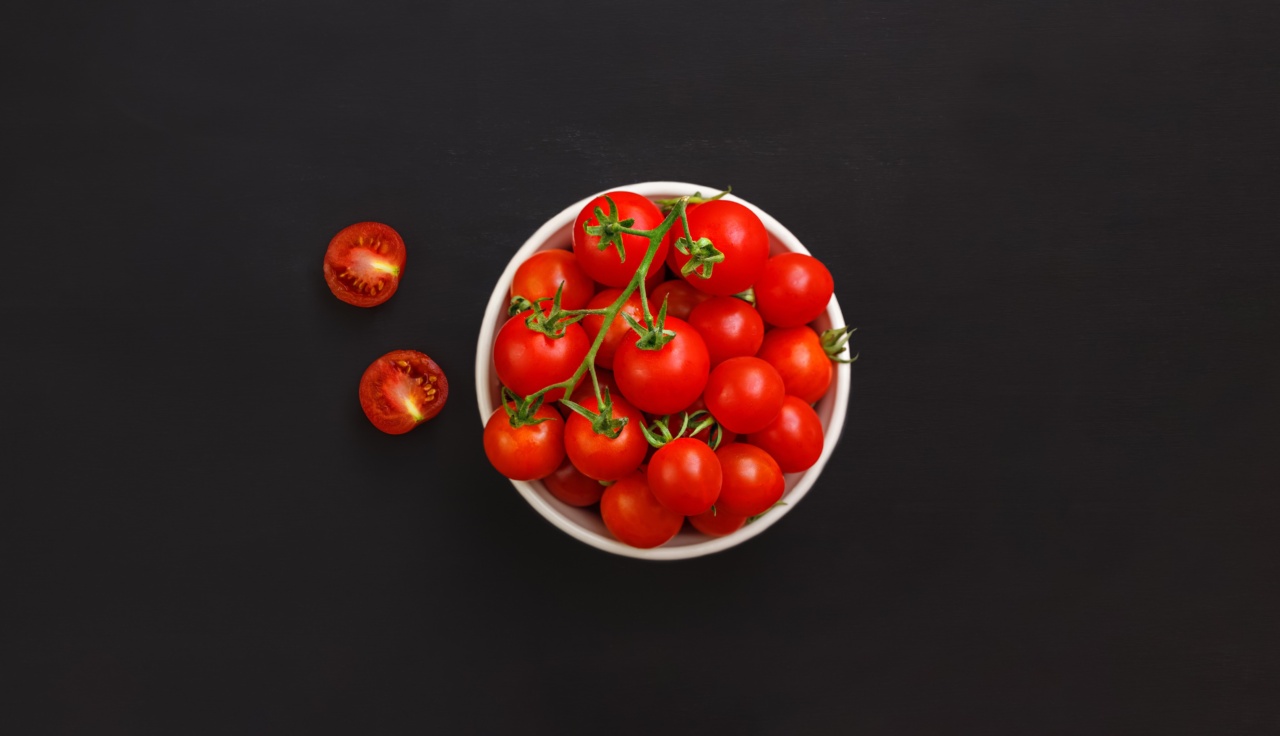Eating a balanced vegetarian diet is not only beneficial for your health but also for the environment. A vegetarian diet mainly focuses on plant-based foods, eliminating or minimizing meat and animal products.
However, it is essential to ensure that you consume all the necessary nutrients to maintain a healthy lifestyle. In this article, we will explore what to eat for a balanced vegetarian diet.
1. Vegetables and Fruits
Vegetables and fruits are the foundation of a vegetarian diet. They are packed with essential vitamins, minerals, and antioxidants. Include a variety of colorful vegetables and fruits in your meals to ensure you get a broad spectrum of nutrients.
Incorporate leafy greens like spinach, kale, and broccoli as they are rich in iron, calcium, and Vitamin C.
2. Legumes and Pulses
Legumes and pulses are excellent sources of plant-based proteins, fiber, and essential minerals. They include lentils, chickpeas, beans, and peas. These can be consumed in various ways such as soups, stews, salads, or even as a meat substitute.
Legumes and pulses are not only filling but also contribute to maintaining healthy blood sugar levels and reducing the risk of heart disease.
3. Whole Grains
Whole grains are an integral part of a balanced vegetarian diet. They provide essential carbohydrates, fiber, vitamins, and minerals. Some common whole grains include brown rice, quinoa, barley, oats, and whole wheat bread and pasta.
These grains help in maintaining a healthy digestion system, promoting satiety, and reducing the risk of chronic diseases like diabetes and obesity.
4. Nuts and Seeds
Nuts and seeds are not only a great source of healthy fats but also provide essential vitamins, minerals, and protein. Almonds, walnuts, chia seeds, flaxseeds, and hemp seeds are some examples.
Consuming a variety of nuts and seeds can help boost brain function, improve heart health, and provide a good dose of antioxidants.
5. Dairy and Dairy Alternatives
If you are not following a vegan diet, including dairy products like milk, cheese, and yogurt can provide essential nutrients such as protein, calcium, and Vitamin B12.
If you are dairy-intolerant or follow a vegan lifestyle, there are plenty of dairy alternatives available like soy milk, almond milk, or oat milk fortified with essential nutrients.
6. Plant-based Protein Alternatives
If you choose to eliminate meat from your vegetarian diet, it is essential to find suitable protein alternatives. Soy products like tofu, tempeh, and edamame are high-quality sources of protein.
Other plant-based protein sources include seitan, quinoa, lentils, and chickpeas. These options not only provide protein but also offer a wide range of additional nutrients.
7. Healthy Fats Sources
While fats should be consumed in moderation, it is essential to include healthy fats in your vegetarian diet. Avocados, olive oil, coconut oil, and nuts are excellent sources of healthy fats like monounsaturated and polyunsaturated fats.
They help in maintaining brain health, reducing inflammation, and aiding in nutrient absorption.
8. Vitamin B12 Sources
Vitamin B12 is primarily found in animal products, and it is crucial for proper nerve function, DNA synthesis, and the production of red blood cells.
To ensure you meet your B12 requirements, consider fortified foods like plant-based milk, nutritional yeast, cereals, or taking B12 supplements.
9. Calcium and Iron Sources
Calcium and iron are important nutrients, especially for vegetarians. Calcium helps in maintaining healthy bones and teeth and can be obtained from dairy products, fortified plant-based milk, and leafy greens.
Iron is essential for red blood cell production and can be found in legumes, spinach, fortified grains, and seeds. Consuming iron-rich foods with vitamin C sources can enhance iron absorption.
10. Hydration and Other Considerations
Lastly, staying hydrated is crucial for overall health. Drink an adequate amount of water and include herbal teas, unsweetened fruit or vegetable juices in your diet.
Additionally, you may want to consider consulting a registered dietitian or nutritionist to ensure you are meeting all your nutritional needs and to discuss any specific concerns related to your vegetarian diet.






























